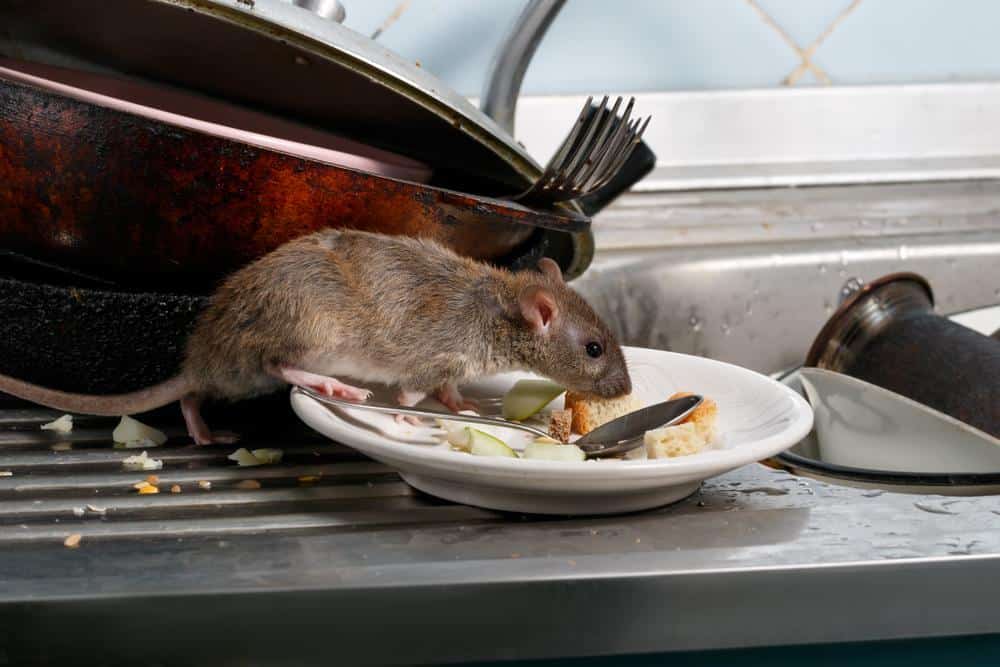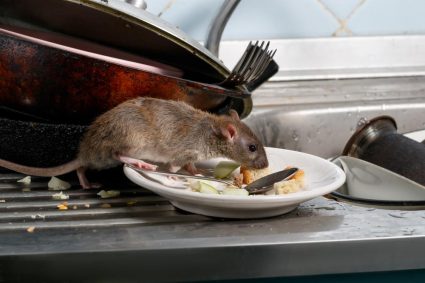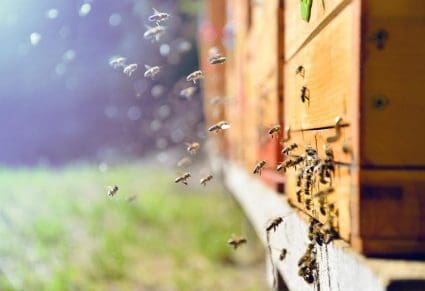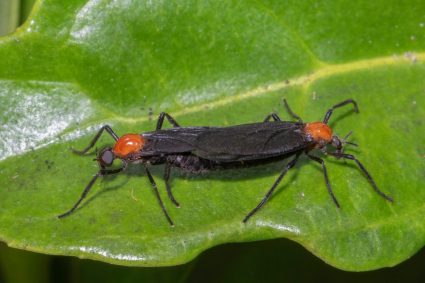
Flour, a common household ingredient, has been touted as a potential mouse killer. But is there any truth to this claim? In this comprehensive guide, we’ll delve into the facts, the science, and the ethics behind this widely debated topic.
Flour itself does not kill mice. However, it can be used as an ingredient in a homemade mouse poison, combined with sugar and baking soda. The baking soda is the toxic component, causing distress and potentially death in mice due to gas buildup. It’s important to remember that this method may not be as effective as commercial rodent poisons and raises ethical concerns. It’s recommended to use more humane and professional methods for mouse control.
The Claim
The claim that flour can kill mice is based on the idea of using it as an ingredient in homemade rodent poison. The most common recipe for this poison involves mixing equal parts of flour, sugar, and baking soda. The flour and sugar act as bait, attracting the mice to consume the mixture, while the baking soda is the toxic component.
The Science
The baking soda in the mixture reacts with the acid in the rodents’ stomachs, producing gas. Since rats and mice are unable to burp or vomit, the gas buildup causes internal distress, eventually leading to their death. However, it is important to note that homemade rodent poisons may not be as effective as commercial ones and can still pose risks to pets and children if ingested.
The Research
While there are no specific studies on the lethal dose of flour for mice, research has shown that certain components or contaminants in flour can have adverse effects on mice. For example, deoxynivalenol (DON), a mycotoxin produced by certain Fusarium species that frequently infect grains like wheat, can cause decreased body weight, weight gain, and decreased feed consumption in rats and mice.
The Ethics
Ethical considerations are crucial when implementing pest control methods. Pest control should be as humane as possible, minimizing the suffering of animals involved. Additionally, pest control methods can have negative effects on the environment, such as harming non-target species and ecosystems. Therefore, it is essential to consider these factors when choosing a pest control method.
The Alternatives
There are several common household substances and natural methods that can be more effective and humane in controlling mouse populations. These include peppermint oil, cinnamon, vinegar, citronella, ammonia, non-lethal mouse traps, and ultrasonic devices.
The Professional Recommendations
Prevention and deterrence, use of live traps, non-toxic repellents, Integrated Pest Management (IPM), and hiring a professional exterminator are all recommended for safe, effective, and humane mouse control.
Conclusion
While flour doesn’t inherently kill mice, it can be part of a homemade rodent bait that can cause distress and potentially death to mice. However, this method raises ethical concerns and may not be as effective as other humane, professional methods. It’s essential to consider all these aspects before choosing a method to control mouse populations in your home or property.
Remember, the best way to deal with mice is to prevent them from infesting your home in the first place. Keep your home clean, store food in sealed containers, and seal any gaps or cracks in your home to prevent mice from entering. If you have a serious mouse infestation, consult a pest control professional for safe and effective treatment options.
Frequently Asked Questions
What is Integrated Pest Management (IPM)?
Integrated Pest Management (IPM) is an environmentally friendly approach to pest control that prioritizes prevention and minimizes risks to people and the environment. This method involves identifying and eliminating conditions that attract pests, such as food sources and entry points, and using pest control methods that are safe and effective.
How does peppermint oil deter mice?
Peppermint oil is a natural deterrent for mice because they dislike the strong scent. By soaking cotton balls in peppermint oil and placing them in areas where you’ve seen mice, you can discourage them from returning. However, this method requires regular replacement of the cotton balls as the scent fades over time.
Are there risks associated with homemade rodent poisons?
Yes, homemade rodent poisons can pose risks to pets and children if ingested. They may also be less effective than commercial rodent poisons. It’s recommended to use safer, more humane methods of pest control whenever possible.
How can I prevent mice from entering my home?
There are several ways to prevent mice from entering your home. This includes sealing gaps and cracks in your home’s foundation, walls, and windows, keeping your home clean and free of food waste, storing food in sealed containers, and using deterrents like peppermint oil or ultrasonic devices.
Is it safe to use baking soda as a rodent poison?
While baking soda can potentially kill rodents by causing internal distress, it’s not the most humane or effective method of pest control. It can also pose risks to other animals and children if ingested. It’s recommended to use safer and more humane methods of pest control, such as prevention, deterrence, and professional pest control services.











